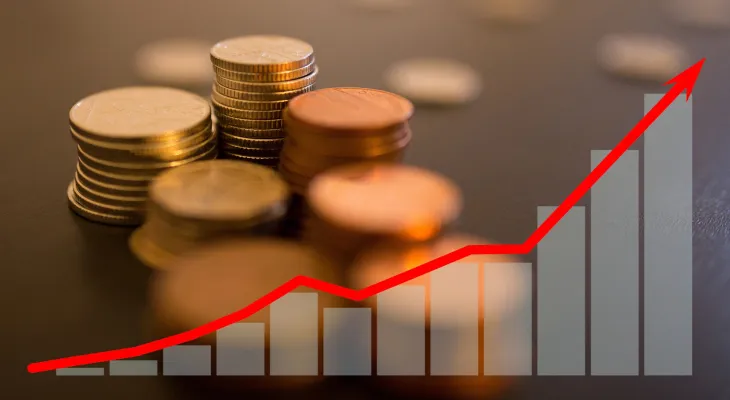Search here
Newspaper
Search here

Arab Canada News
News

Published: June 20, 2022
Toronto (Reuters) - Analysts say the risk of inflation becoming entrenched in the Canadian economy is increasing, as rising gas prices and other highly visible consumer goods have undermined the Bank of Canada's efforts to keep price increase expectations under control.
Once inflation is embedded in the economy, it becomes difficult to control without causing an economic slowdown, or even a recession.
Canadian consumer price index data for May, scheduled to be released on Wednesday, is expected to show inflation rising above the highest level in three decades in April at 6.8%.
What central banks fear is the situation where price increases become fixed as price rise expectations lead people to demand higher wages and speed up purchases, resulting in further price increases.
For his part, Derek Holt, Head of Capital Markets Economics at Scotiabank, said the Bank of Canada is engaged in a "battle" to control inflation expectations, which are expected to be at a rate of 7.8% for the consumer price index in May.
"They lost their chance to nip inflation in the bud and now you have consumers and companies that do not care about inflation drivers. Companies are in an inductive behavior phase, which is the path central banks always want to avoid."
As in other countries, much of the reasons for rising prices come from supply and demand constraints related to the COVID-19 pandemic and the war in Ukraine. But with ongoing inflation, price pressure expectations have continuously increased.
A survey conducted by the Conference Board in Canada for May showed that 78% of Canadians expect inflation to exceed the Bank of Canada's 2% target over the next three years, up from 77% in April.
Investors have noted that the central bank will match the recent interest rate increase of three-quarters of a percentage point by the Federal Reserve when it meets on July 13, which will be the largest increase in 24 years.
Similarly, the threat to inflation expectations comes with Canadian gas prices in June rising to a record level of CAD 2.15 per liter. The central bank is scheduled to release quarterly surveys of businesses and households on July 4, which include measures of inflation expectations.
Editing: Dima Abu Khier
Comments